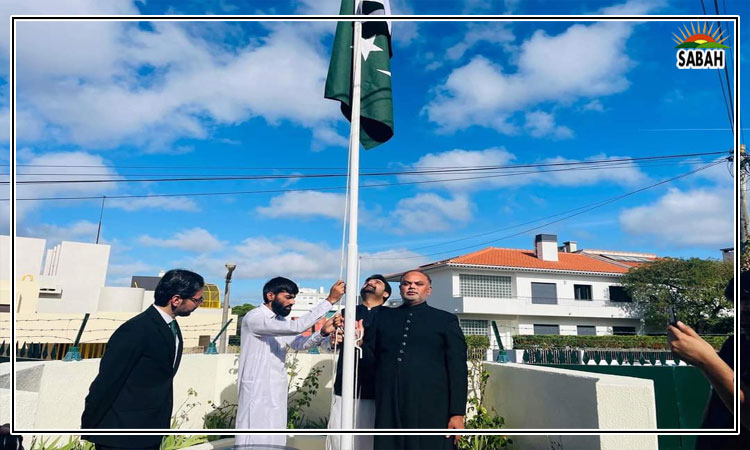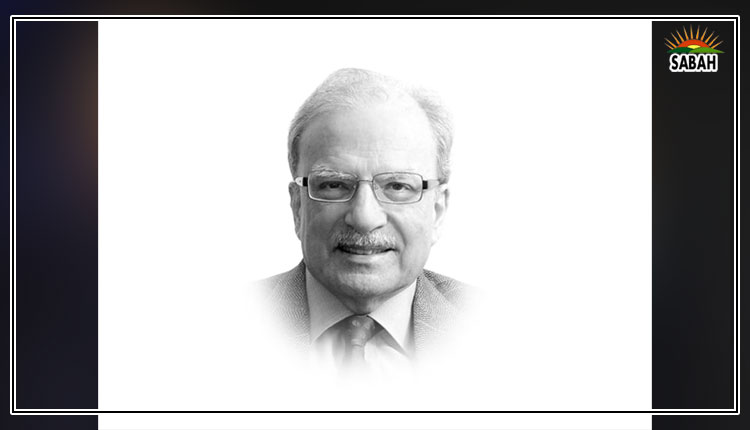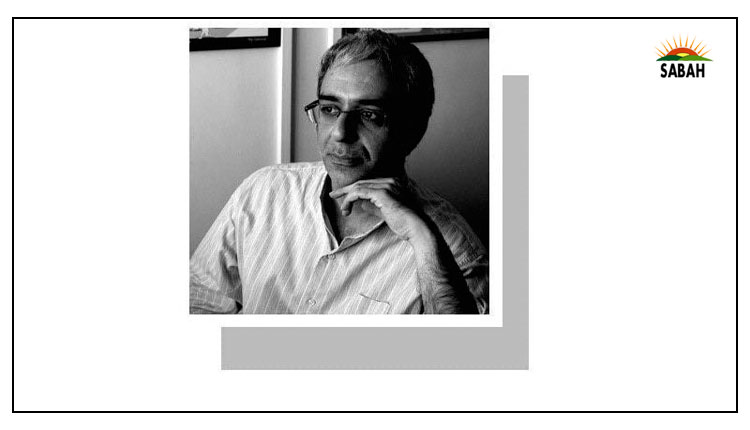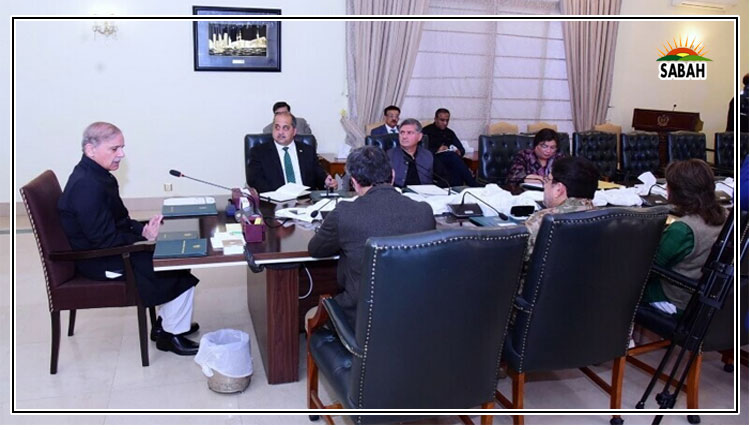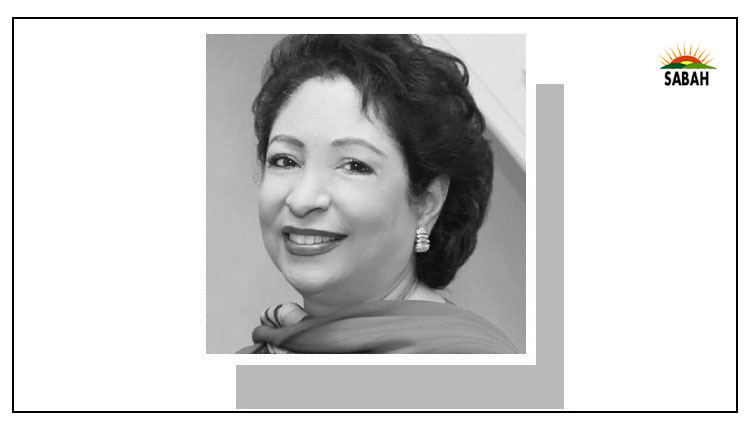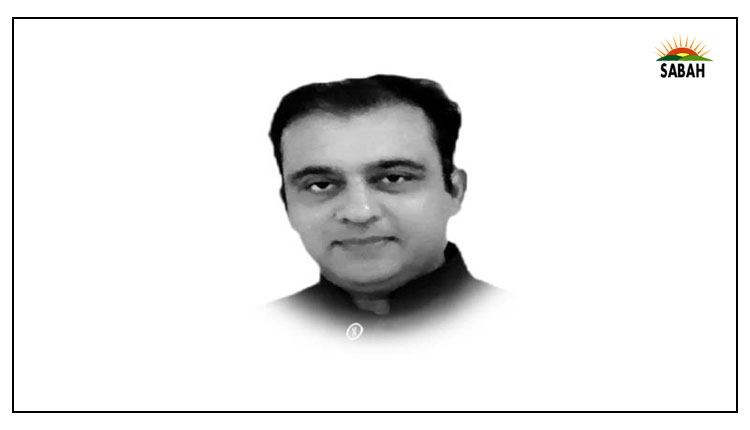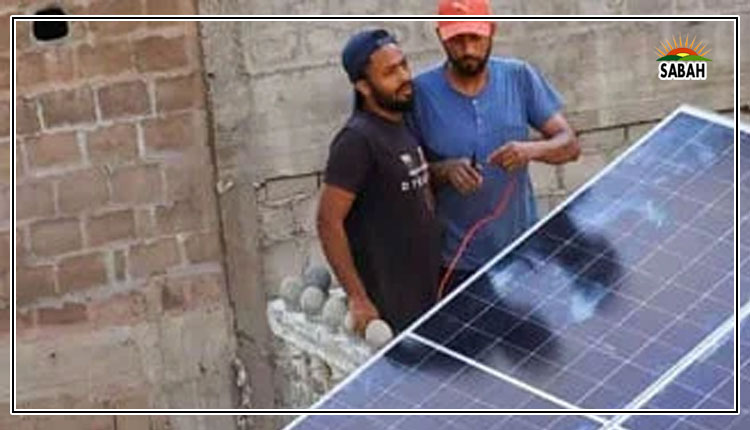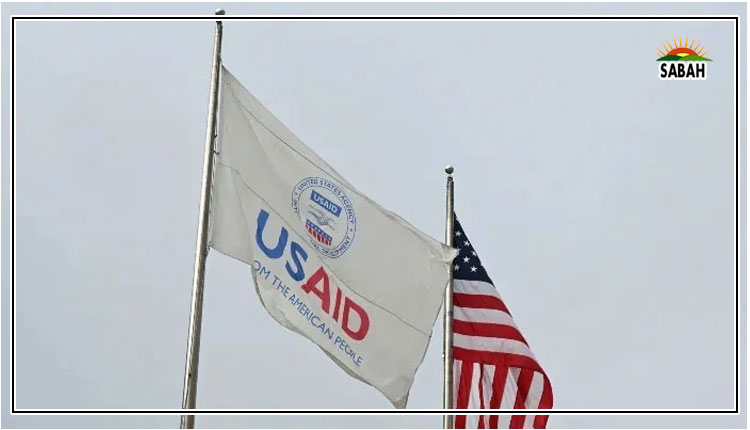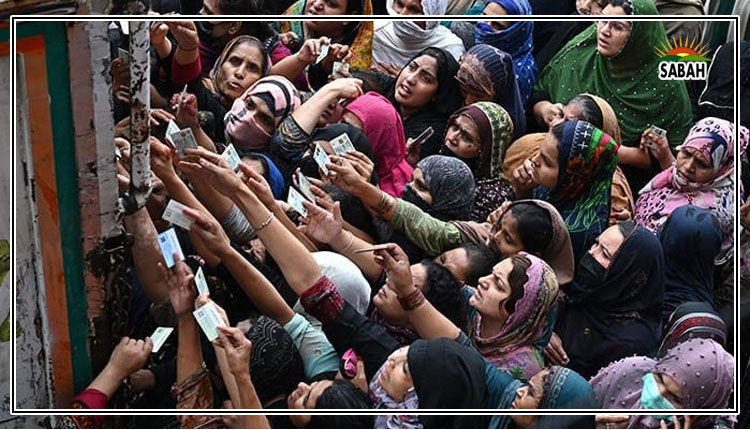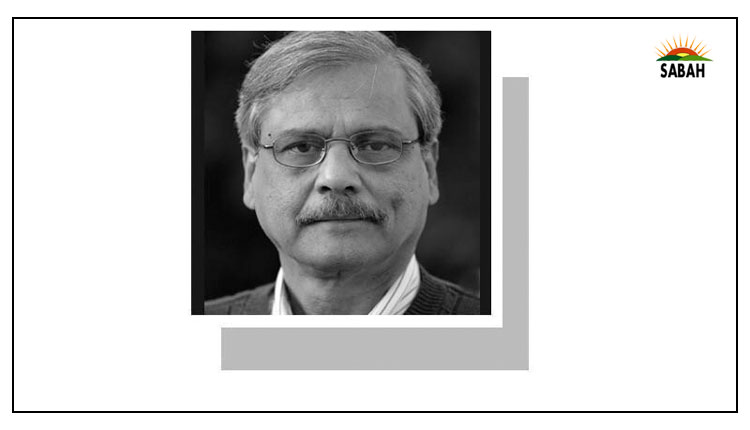Dynastic rule and democracy…Zahid Hussain
THE meeting between the chiefs and scions of the two most powerful political dynasties in Dubai last week, where a consensus was reportedly reached on the composition of the forthcoming caretaker set-up as well as the future coalition, provides a glimpse into Pakistans family-dominated power politics. Nawaz Sharif and Asif Zardari virtually carved out the post-election power structure.
With the dismantling of the PTI underway, the road is now deemed to have been cleared for the elections, though there is still no understanding on the time frame.
The Dubai rendezvous was certainly not meant for signing a new charter of democracy; the main objective seems to have been to chart a strategy to consolidate the existing power structure dominated by the two dynasties.
It is a sad commentary on our so-called democratic system. There is hardly any other example of political leaders of a democracy meeting in a third country to discuss critical political issues instead of deliberating these at home and in parliament. This happens when political parties are reduced to family enterprises. Elected democratic forums become irrelevant when politics becomes a family affair. Its all in the family.
What is most disturbing is the reported agreement between the two families bigwigs on the composition of the interim administration. It is contrary to the constitutional provision which says that the caretaker administration should be neutral and be named with consultation between the leader of the house and leader of the opposition.
Elected democratic forums become irrelevant when politics becomes a family affair.
It may be true that the current leader of the opposition in a truncated National Assembly has hardly any credibility, but still one has to go by the book. But who cares about the Constitution in this game of thrones?
The whole episode also raises question about the fairness of the coming election, with a handpicked interim set-up of doubtful neutrality. It is almost a repeat of the situation of the Punjab caretaker government, which is virtually being run by the PML-N-led coalition in Islamabad.
Meanwhile, the ongoing political engineering has tainted the entire election process. It is tantamount to pre-poll rigging, which we have seen many times in the past. The PTIs disintegration in the face of state oppression and the formation of a new kings party backed by the security establishment has made a mockery of the whole democratic process.
Indeed, this much is not new in Pakistans troubled political journey. But the severity of the repression is rare. Hundreds of PTI workers are languishing in jails and facing terrorism charges. Some of them will be tried by military courts.
Surely those who were involved in attacks on military installations must be punished, but the indiscriminate crackdown has reinforced the view that it is part of the plan to keep the PTI out of the election process or at least weaken it so that it does not present any serious challenge to the PML-N in Punjab, which has become the major battleground.
There is certainly a newfound confidence in the ruling alliance with the dismantling of the PTI, but in a fair and free election, the party, with its mass support base remaining intact, could give the PML-N a run for its money.
What is most interesting is former prime minister Nawaz Sharifs having taken full command of the PML-N. He may have been guiding the coalition government and his party from his home in London since the installation of the PDM set-up, but his meeting with the PPP leaders in Dubai has left no room for ambiguity about his ambition to become prime minister for the fourth time. The recent statement from senior PML-N leaders has reinforced speculations.
The passage of two new bills by parliament, reducing his disqualification to five years and allowing him the right to appeal against his conviction by the Supreme Court, has paved the way for his return to the country to lead his partys election campaign. Last weeks meeting with the PPP chieftain seems to be part of the plan for him to return home in the next few months.
Meanwhile, Nawaz Sharif is now visiting Saudi Arabia, where he went recently. He plans to meet the top Saudi leaders. These visits have assumed greater significance for his plan to bid for the top office for a fourth term.
In a recent statement, he was quoted as saying that his first priority would be to contain the spiralling inflation at home if he returned to power. Some observers believe that it is not power but his wish to be vindicated which is the main reason for his endeavour.
He is perhaps waiting for the court to drop his conviction before returning. The return of the three-time former prime minister would give an interesting twist to Pakistans chequered political history. He was removed each time halfway through his term. There is still a long way to go before he can get the coveted post for the fourth term.
Until a few weeks ago, it looked improbable that general elections would be held before the end of this year, with the country facing the prospect of an economic meltdown and defaulting on its external debt repayment. But with the IMF deal coming through, the country has been given some much-needed breathing space. The development has drastically changed the political landscape. It is the right moment for the ruling coalition to agree to elections.
The date for the polls would depend on whether the ruling coalition dissolves the National Assembly a few days before the end of its term on Aug 13 or wait until then. In either case, polls cannot go beyond mid-November. There seems to be no possibility of prolonging the term of the caretaker set-up.
It is certainly a good idea not to postpone the general elections. There are no two views that elections are the only way out of the present political turmoil. Any pre-poll rigging and manipulation that is attempted to change the outcome will be disastrous for national stability.
Courtesy Dawn


